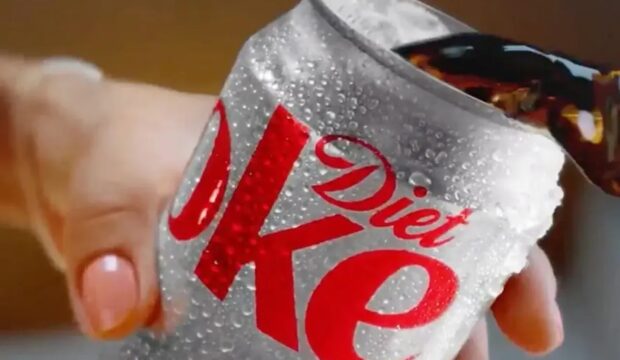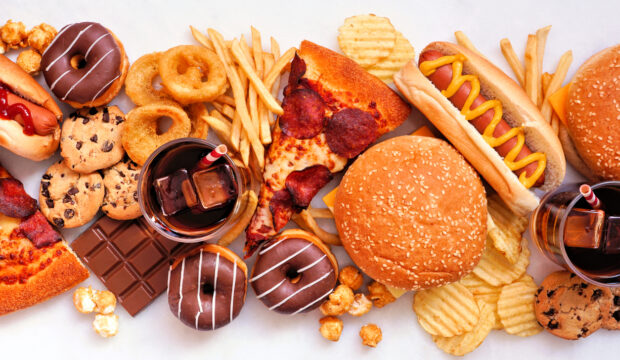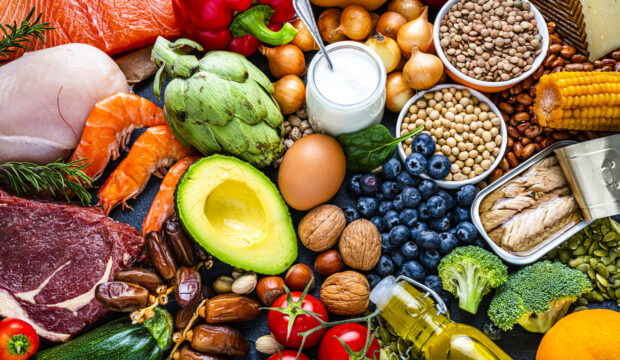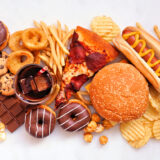Introduction
Ultra-processed foods (UPF) are both tasty and convenient, and they are a common choice for busy people today.
However, there is an astonishing scientific mechanism behind how these foods lead directly to obesity.
In this article, we explain why ultra-processed foods make weight gain more likely, and introduce practical applications for daily life.
Why Your Appetite Brakes Stop Working
Why is it so hard to stop once you start eating ultra-processed foods?
The key factor is an imbalance between the hormones that suppress appetite and those that induce hunger.
Hormonal Disruptions
According to research by Dr. Kevin Hall at the NIH, people who consume a lot of ultra-processed foods produce less PYY, the hormone that facilitates satiety.
Meanwhile, their ghrelin levels—a hormone that triggers hunger—are not adequately suppressed.
Chewiness and Satiety
Ultra-processed foods are often soft, requiring fewer chews.
As a result, it takes longer for the brain to recognize “I’ve had enough,” leading to overeating.
The Vicious Cycle Caused by Blood Sugar Spikes
Ultra-processed foods, which are often high in refined carbohydrates, cause rapid increases in blood glucose levels (blood sugar spikes).
Consequently, excess insulin is secreted, making it easier for fat to accumulate.
Furthermore, a sudden drop in blood glucose heightens hunger, which triggers more food intake.
The Brain Says “Eat More!”
Combinations of sugar, fat, and salt strongly stimulate the brain’s reward system.
This so-called “addictive” effect makes you crave even stronger sensations.
Animal studies also show that high-fat diets, if continued, reduce dopamine receptors and lead to overeating.
Gut Bacteria Accelerating Weight Gain?
Recently, the influence on gut microbiota has attracted attention.
Additives in ultra-processed foods (such as emulsifiers or artificial sweeteners) can reduce beneficial bacteria and increase harmful ones, raising the risk of chronic inflammation.
This process can promote insulin resistance and create an environment that accelerates obesity.
Ultra-Processed Foods Drastically Increase Calorie Intake
In a study by Dr. Kevin Hall, people who ate only ultra-processed foods for two weeks consumed about 500 more calories per day.
Even though they had the same nutrient composition, eating speed and appetite increased with ultra-processed foods, resulting in overeating.
Clinical Applications
Approaches to Improve Meal Quality
By focusing on higher-quality meals and cutting back on ultra-processed foods, calorie intake naturally decreases.
As a result, weight management becomes more feasible without drastic measures.
Specific Behavioral Guidance
For example, choosing foods that enhance satiety, developing a habit of thorough chewing, and checking food labels are all essential.
Combining these strategies helps patients maintain a sustainable dietary lifestyle.
Summary
Multiple factors contribute to why ultra-processed foods lead to weight gain: disrupted hormones, blood sugar spikes, excessive stimulation of the reward system, and altered gut microbiota.
Choosing less processed foods can help reduce obesity risk and the likelihood of other lifestyle-related diseases.
The first step toward healthy weight management is to gradually reduce ultra-processed food intake and maintain small, consistent improvements.
References
- Monteiro CA, et al. Ultra-processed foods: what they are and how to identify them. Public Health Nutr. 2019;22(5):936-941.
- Hall KD, et al. Ultra-Processed Diets Cause Excess Calorie Intake and Weight Gain. Cell Metab. 2019;30(1):67-77.e3.
- Zinöcker MK, Lindseth IA. The Western Diet–Microbiome-Host Interaction and Its Role in Metabolic Disease. Nutrients. 2018;10(3):365.
- Rauber F, et al. Ultra-processed food consumption and risk of obesity: a prospective cohort study. Eur J Nutr. 2021;60(4):2169-2180.
- Gearhardt AN, et al. Ultra-processed food addiction. BMJ. 2023;382:p2649.








Comment